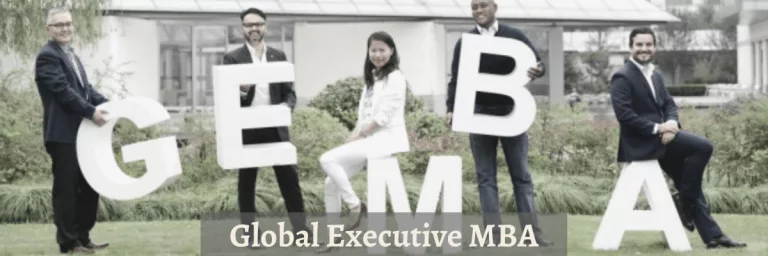House of Experts Ep2: Vibha Kagzi in conversation with Kaneez Surka
House of Experts is a show that ReachIvy.com kick-started with a view to help those who are confused about their career choices. We hope that through these sessions with some very successful people who pursued their dreams and made a name for themselves in the industry, we can shed light on a new career path every week. House of Experts plans to make a cumulative collection of interactive sessions with experts from various domains.
Vibha Kagzi, the host, is the Founder and CEO of ReachIvy.com, a premium study abroad and career consultancy organization. Vibha, a Harvard alumnus, is a successful entrepreneur herself and believes in helping others chalk out their future careers.
In Episode 2 of House of Experts on 14th April 2020, we have the fortune of hosting the dynamic and vibrant, Kaneez Surka. Kaneez Surka is not a new name for any of us. She is a South African improv artist and stand up comedian working primarily in India. She came into the industry like a cannonball with her first show, ‘The Week that Wasn’t’ and has grown to reach cult status in the field.
We hope that everyone has a little something to take back and a little something to push themselves to achieve their dreams through Kaneez’s experiences.
Key takeaways from the Instagram Live session between Kaneez Surka and Vibha Kagzi:
1) Can you tell us how you got into the field of improv?
As a kid, I used to do speech and drama as a subject in high-school and I noticed that I leaned extensively towards comedic roles. That was the first time I realized that I was inclined to do comedy even though unconsciously. So, I ended up joining an improv troupe when I came to India, that I was introduced to by a friend of mine. I realized that I had a knack for improv and in 2009, I attended an improv course in Mumbai. That is how my journey started.
2) So we know that you had a formal degree in psychology and even took up Law in Undergrad. How did you make the transition into this industry eventually?
I had wanted to be an actor ever since high-school. The only problem was that I never knew I could make a career completely out of comedy and so, I thought that acting was the closest I could get. However, I was quite practical as a child and so I decided that in case the acting career did not work out, I needed a formal education to make a living. Thankfully, I realised my true calling as I never enjoyed studying law and psychology. That was when I decided that I will take a break before doing my masters if at all, and returned to India to see what I could do to make a career out of my passion.
3) What are the obstacles you faced to become an established artist?
My friends have seen me grow from an extremely raw improv artist to what I am today and yes, it’s the struggles on the way that made me who I am today. I would say that one of the primary struggles I have faced is the struggle to make a mark in an extremely male-dominated industry. It is only a recent phenomenon that women have come up as comedians and improv artists and the balance is still skewed. I have had a lot of experiences where the audience was uncomfortable with the kind of jokes I was making. I have noticed how jokes on what women feel or about atrocities against them are not really appreciated. But I believe that it has gotten much better and the criticism is a part of growing as an artist too.
4) What is your advice to people who aspire to be good at improv and want to go on to become improv artists?
Just like every career that requires some foundational and formal course, Improv also demands the same dedication. Therefore, firstly, you need to attend a course to get familiar with the guidelines and principles that are the basis of every improv performance. For improv, you have to follow a pattern. People think that improv is a completely on the spot performance but in reality, there is a step by step pattern that we are supposed to build our act on. Stand up comedy, on the other hand, involves a much easier procedure but it takes a lot getting used to, as it’s more of something you learn over time.
Secondly, be observant about your surroundings if you have trouble coming up with inspiration for a script. It helps me a lot, personally.
Another advice I have for a wannabe improv artist or comedian is to not be afraid to fail or your jokes falling flat. It will help you get to the other side sooner and be confident. It will also show you what works with the audience.
5) How do you make money in this field?
In today’s age, comedy is definitely a viable profession. Your social media presence does affect your revenue a lot. For instance, because of my fan-base on Instagram, Facebook, and Twitter, I have gotten a lot of brand deals. Another medium is OTT platforms that are trending now, like Amazon, Netflix, etc. that pay you to write your shows and put up specials. Live shows are also a very good way of making money. Last but not the least, live corporate shows. They aren’t always the most fun to put up but they pay you well!
That was a great session. We got some very valuable insights into this untapped industry that has only opened up quite recently. We hope that we have awakened the funny bone inside a lot of you by sharing Kaneez’s experiences over here.
Please stay tuned for the next blog on our episode with Karan Singh, the CEO of Percept Live and COO of Sunburn!







